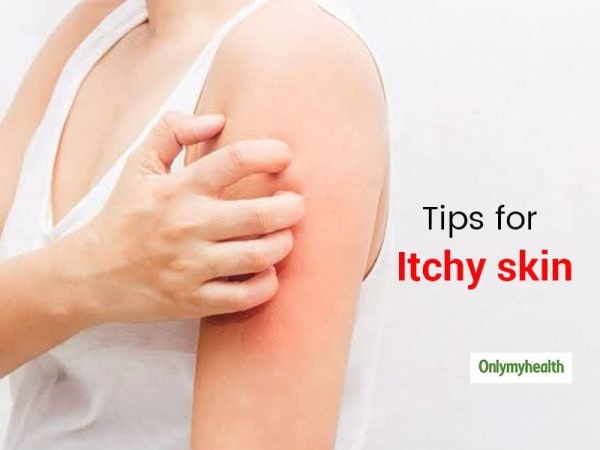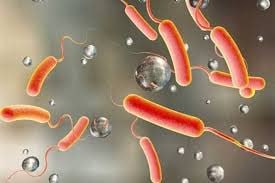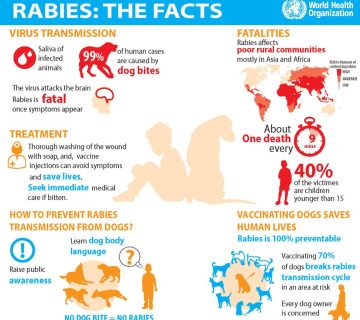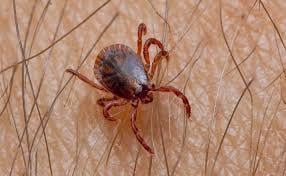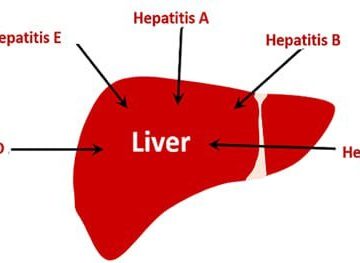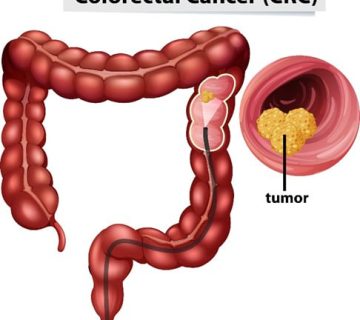Itchy skin is usually not a sign of something serious. You can often treat it yourself, and it typically goes away after a few weeks.
How to Treat Itchy Skin on Your Own
Sometimes, itching is caused by dry, cracked, or irritated skin. There are simple steps you can take to help relieve the itching:
- Pat or press your skin instead of scratching it.
- Apply something cold to your skin, like a damp towel.
- Take cool or lukewarm baths or showers.
- Use an unscented moisturizer or emollient regularly.
- Keep your nails clean, trimmed, and smooth.
- Wear loose-fitting clothes made of cotton or silk.
- Use laundry detergent suitable for sensitive skin.
- Avoid wearing tight clothes or those made of wool or synthetic fabrics.
- Limit your time in the bath or shower.
- Do not use scented soaps, deodorants, or fragranced moisturizers.
When to See a Doctor
Consult a doctor if your itchy skin:
- Affects your daily life.
- Does not improve with self-care or keeps returning.
- Is accompanied by a new rash, lump, or swelling that concerns you.
- Involves your whole body.
- Is severe.
- Occurs during pregnancy.
A doctor might prescribe creams, lotions, or tablets, depending on the cause of the itching.
The doctor will examine your skin and ask you about your symptoms. They might also arrange for a blood test to help determine the cause of the itchy skin. In some cases, they may refer you to a dermatologist (skin specialist).
Causes of Itchy Skin
Possible causes of itchy skin include:
- Skin reactions to heat or allergens: Allergies, hives, heat rash (prickly heat).
- Chronic skin conditions: Dandruff, eczema, psoriasis.
- Fungal skin infections: Thrush, ringworm, athlete’s foot.
- Parasites or insects living on the skin: Scabies, head lice, pubic lice.
Itchy skin is also common during pregnancy. While it is usually not a cause for concern, it’s important to check with a doctor or midwife, as it could be due to a liver condition called intrahepatic cholestasis of pregnancy (ICP).
Itchy skin is also common after menopause and usually improves over time.
In less common cases, itchy skin can be a sign of more serious conditions, such as thyroid, liver, or kidney problems.
References:
Asst. Prof. Dr. Noor Raouf Al-Hasani
Head of the Electronic Health Unit
July 28, 2024

